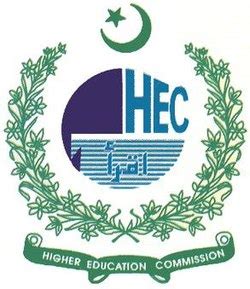Critical Discourse Analysis of the Manifestations of English Linguistic Challenges: The Case of the New Draft Language Policy in the South African Police Services
DOI:
https://doi.org/10.51732/njssh.v10i2.202Keywords:
Pedagogy, Higher Education, Learning, Language Policy in Higher Education, SAPS, Police Trainees, SAPS Training AcademyAbstract
This study explores some of the reasons why, in spite of the recently introduced new draft SAPS
Language Policy, the SAPS training programme is not producing police officers with adequate
English competency that is relevant to the SAPS workplace. It is argued that the current SAPS
Language Policy is not adequately developed as far as the SAPS training programme is
concerned. We argue that language policy does not articulate language matters in the SAPS
Training Academies and this contributes directly or indirectly to the produce of police officers who
are inadequately prepared as far as English competency is concerned. The study argues that
language planning agencies in the SAPS have inadvertently or deliberately omitted to include
clauses that articulate issues of language as they pertain to the training programme and this is a
serious flaw in the whole language policy. Furthermore, we argue that Language policy is a crucial
integral part of the SAPS training programme, which without it training will be seriously and
dangerously affected. Data were elicited through an analysis of the specifically selected clauses
contained in the SAPS draft Language Policy with specific reference to a selected SAPS training
Academy in Gauteng province. Discriminant Function Analysis indicated ten interrelated flaws
within the SAPS Language policy which has the potential to affect training as far as English
competency is concerned. These flaws included the following: the silence of the policy on
Assessment, Teaching and Learning in the academy, and the absence of a Teaching and Learning
policy to complement the Language policy. Principles from Discourse Analysis and Sentiment
Analysis were used as a linchpin in developing the framework for this study. An analysis of the data
revealed the following key findings: The study found that the SAPS draft Language police is silent
on many fronts for example on the Language of Teaching and Learning, no liaison with the
Department of Higher Education and Training (DHET), exclusion of Language Policy in Higher
Education Policy (LPHE) as one of the policies forming the legal framework. Lack of
pronouncements on issues of pedagogy. The absence of the Teaching and Learning Policy as well
as the absence of an Assessment Policy. The findings may help policy makers, SAPS trainers or
instructors and curriculum developers for SAPS training academies. The data can also help the
Language Management unit of the SAPS.








